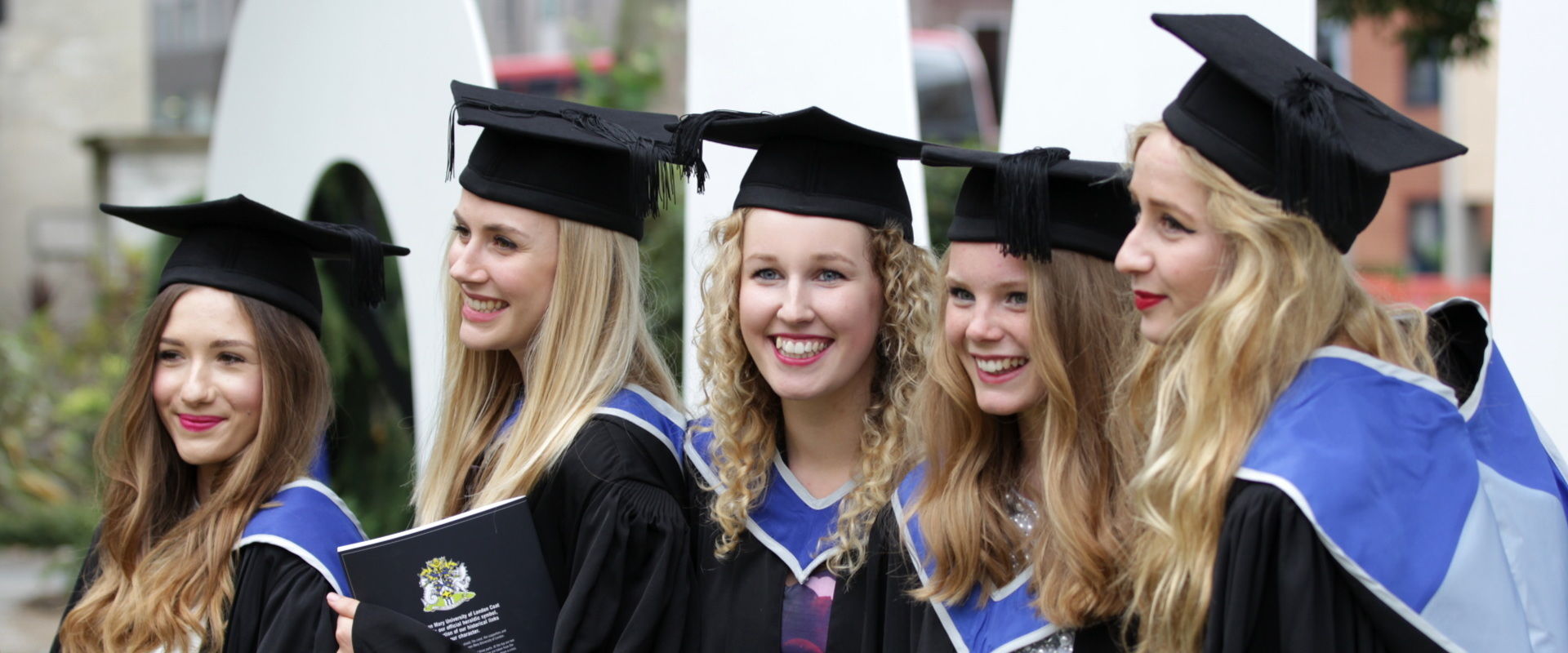MSc Behavioural Finance
There is mounting evidence that people violate many. of the "rationality" assumptions of mainstream economics. Behavioural Economics is a relatively new field that studies such violations and proposes theories to explain them. Behavioural Finance is a part of Behavioural Economics that studies important "irrationalities" on financial markets. Key topics include common mistakes people make when deciding how much to save and how to invest, excess volume of trade, equity premium puzzle, bubbles, and predictability of financial markets.
Behavioural Economics and Behavioural Finance have grown tremendously in popularity in recent years. The Nobel Prize in Economic Sciences was awarded to eminent proponents of these fields: to Daniel Kahneman in 2002, to Robert Shiller in 2013, and to Richard Thaler in 2017. There has been increased interest by the public, as evidenced by a spate of popular books in these areas. There has also been increased interest by governments: for example, David Cameron appointed a "Behavioural Insights Team" in 2010 to help design government policies.
The backbone of the programme consists of a first-semester module in Behavioural Economics and a second-semester module in Behavioural Finance. Apart from these two modules, students can take modules covering more traditional topics in finance.
A thorough knowledge of Behavioural Economics and Behavioural Finance provides students with a deeper and more realistic understanding of financial markets than is offered by mainstream finance alone. Such knowledge also makes students less susceptible to common mistakes in their own lives and careers. A successful completion of the programme would provide students with valuable skills for a wide range of careers in areas such as investment, banking, public service, or academia.
Intakes
- Sep
Application Processing Time in Days: 30
Application Process
Minimum English Language Requirements
| English Level Description | IELTS (1.0 -9.0) | TOEFL IBT (0-120) | TOEFL CBT (0-300) | PTE (10-90) | |
|---|---|---|---|---|---|
| Expert | 9 | 120 | 297-300 | 86-90 | |
| Very Good | 8.5 | 115-119 | 280-293 | 83-86 | |
| Very Good | 8 | 110-114 | 270-280 | 79-83 | |
| Good | 7.5 | 102-109 | 253-267 | 73-79 | |
| Good | 7 | 94-101 | 240-253 | 65-73 | |
| Competent | 6.5 | 79-93 | 213-233 | 58-65 | |
| Competent | 6 | 60-78 | 170-210 | 50-58 | |
| Modest | 5.5 | 46-59 | 133-210 | 43-50 | |
| Modest | 5 | 35-45 | 107-133 | 36-43 | |
| Limited | 4 | 32-34 | 97-103 | 30-36 | |
| Extremely Limited | < 4 | < 31 | < 93 | < 30 |
Job Opportunity Potential
Careers support
The services we offer to support your career development include:
- one-to-one appointments to help you with your career direction, give feedback on job applications, offer insight into the job market and prepare you for interviews
- workshops to support your career development and job hunting
- employer events attracting recruiters and alumni from a rich range of sectors
- support for finding internships and parttime jobs
- specialist careers consultants to support PhD students through appointments, events and workshops.
Support for international students
- We offer a programme of support for international students throughout the year, which involves talks on how to find graduate work in the UK and an International Students Week featuring external speakers.
- Students can search for jobs across the world with our international jobs database, as well as browse our guides on getting work in particular markets.
- All students have access to a rich programme of employer events and career development workshops, running across the University year.
Support after graduation
Our careers support continues after you leave Queen Mary.
- All graduates have access to our Careers and Enterprise services for two years after graduation.
- You can have -
free one-to-one appointments in person, over the phone or via Skype
Attend our employer events
use our online psychometric testing and mock-interview software
access our jobs board – over 3,000 employers uploaded vacancies in 2018/19.
Queen Mary graduates have gone on to work in these organisations:
• Accenture • Allen & Overy • Arup • AstraZeneca • Baker McKenzie • Barts Health NHS Trust • European Central Bank • Fintech Innovation Lab • Google • HSBC • IBM • Institute of Cancer Research • Institute of Dentistry • J.P. Morgan • Jaguar Land Rover • Lloyds Banking Group • Natural History Museum • Penguin • PwC • Queen Mary • Save the Children • Shell • Stella McCartney • Thales • Thomson Reuters • World Economic Forum ...and many more!
Careers success
93% of our postgraduates are in work and/or study six months after graduation. 84% of those in work/study are in highly skilled work/study (most recent DLHE Survey of 16/17 leavers)*
Enterprise support
Many students and graduates across Queen Mary start or grow their own business or social venture each year. In 2018/19, Queen Mary gave out £45,000 in seed funding to help students start new, or grow existing businesse
PSW Opportunity
- 2 Years PSW is applicable after the course completing (Bachelors level or above).
Admission Requirement / Eligibility Criteria
Degree requirements
-
A 2:1 or above at undergraduate level in any subject, provided the degree contains satisfactory study of Mathematics and Statistics. Subjects likely to contain sufficient quantitative elements include Mathematics, Sciences, Engineering, Computer Science, Economics and Finance.
Students from less quantitatively oriented degrees, such as Accounting, Management and Politics, are welcome if they have focused on the more quantitative elements of those degrees.
India
We normally consider the following qualifications for entry to our postgraduate taught programmes: Bachelor Degree (minimum 3 years) from selected institutions.
- UK 1st class degree: 70% to 80%
- UK 2:1 degree: 60% to 70%
- UK 2:2 degree: 50% to 60%
Offer conditions will vary depending on the institution you are applying from. For some institutions/degrees we will ask for different grades to above, so this is only a guide.
- Course Type: Full Time
- Course Level: Masters/PG Degree
- Duration: 01 Year
-
Total Tuition Fee:
21000 GBP
Annual Cost of Living: 12006 GBP
Application Fee: N/A
Similar Programs
- Marketing and Digital Communications MSc at Queen Mary University of London
- Digital Marketing MSc at Queen Mary University of London
- Management MSc at Queen Mary University of London
- Work and Organisation MRes at Queen Mary University of London
- Wealth Management MSc at Queen Mary University of London
- MSc Marketing at Queen Mary University of London

